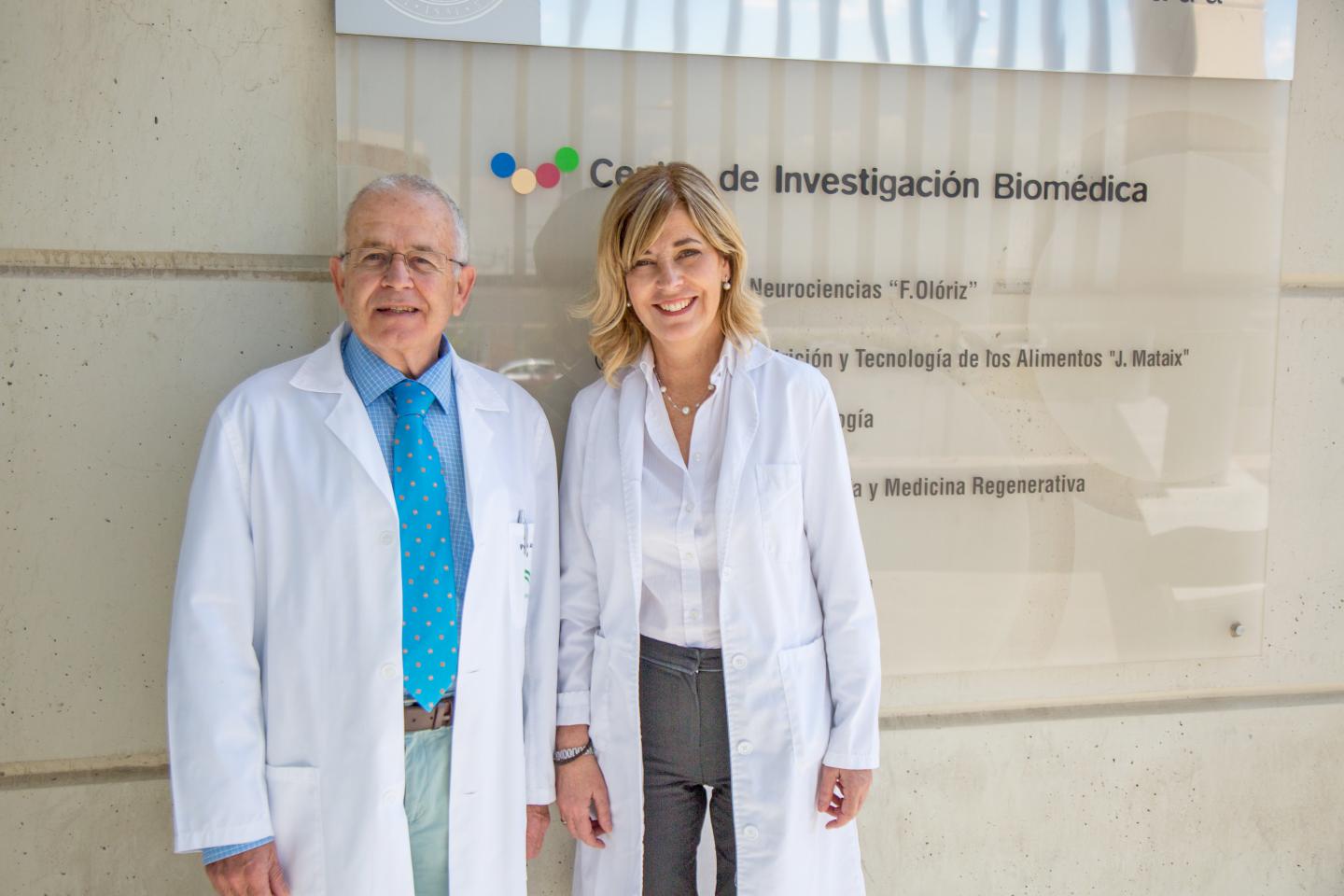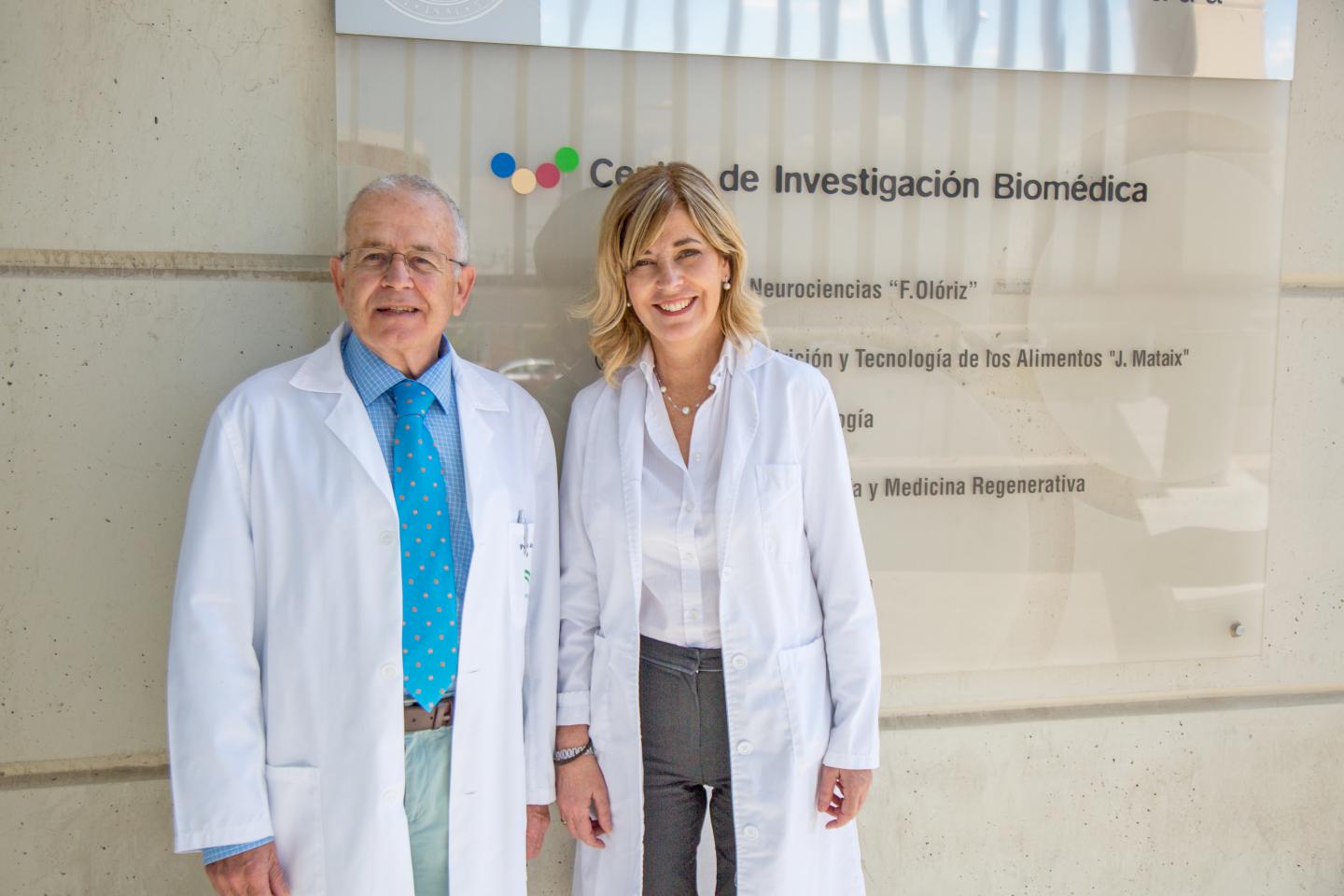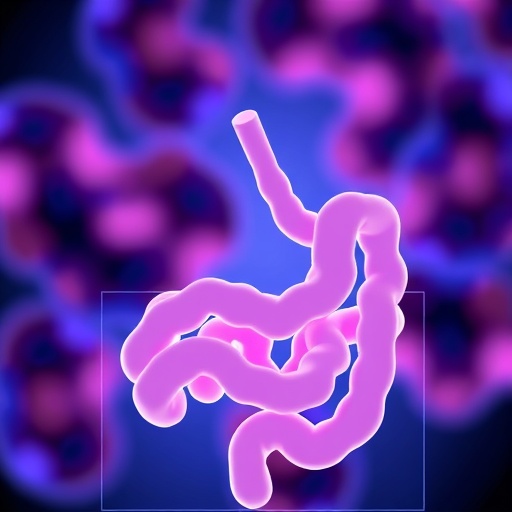
Credit: CIBM
Researchers from the University of Granada have developed new medication which could help to treat and prevent chemotherapy and radiotherapy-induced oral mucositis in head and neck cancer patients. The melatonin compound, in the form of a gel, has now passed phases 1 and 2 of clinical trials and is expected to be on sale by 2022.
Mucositis is the inflammation and ulceration of the mucous membranes lining the digestive tract, with the mouth being the most commonly affected site. Over 550,000 patients across the world suffer from the condition every year.
Oral mucositis is one of the most severe toxic side effects of chemotherapy and radiotherapy and can be observed in virtually all head and neck cancer patients receiving these treatments. It is characterized by ulceration and lesions in the oral cavity, a complication that significantly influences a patient's ability to process both solid and liquid foods and reduces their quality of life. It is acutely painful and in the most severe cases, it can even lead to chemotherapy dose reduction or the suspension of cancer treatment altogether.
With a view to tackling the total absence of effective medication aimed specifically at treating oral mucositis, the UGR research team, led by Prof. Germaine Escames, set out to make use of the important anti-inflammatory and other healing properties of melatonin, developing a groundbreaking pharmaceutical product effective in preventing and treating the affliction.
The gel was patented by the UGR and is currently undergoing the final stages of clinical trials under the name of Mucomel® at the biopharmaceutical company Spherium Biomed. Over the course of rigorous placebo-controlled trials involving the participation of 84 patients from 10 Spanish hospitals, Mucomel reduced the incidence rate of severe mucositis by half. Moreover, among patients who did contract mucositis, the gel curtailed the duration of the condition by a clinically significant amount of time.
According to the Chief Operating Officer of Spherium Biomed, Ramon Bosser, the successful results of the trials have greatly encouraged the firm to continue in their efforts to make Mucomel available to patients across the globe. The company is currently negotiating the conditions of the 3rd clinical phase with its international partners and expects to put the product on the market by 2022. The full results of the study were also presented at an annual meeting of the American Society of Clinical Oncology (ASCO) on the 3 June 2018 in Chicago.
Project timeline
The research team, along with the Research Transfer Office (OTRI) of the University of Granada, began studying the viability of patenting the product in 2007. In 2009, the team secured funding from InnoCash, a programme that supported innovation in Spain, which enabled them to carry out a proof of concept. This proof of concept gave them enough experimental support to file a patent in 2011, which piqued the interest of several pharmaceutical companies interested in further developing the product. The project also received funding from the Ministry of Economy and Competitiveness (MINECO) and the Regional Government of Andalusia, and after a successful marketing campaign to promote the product a patent licencing agreement was granted in favour of Spherium Biomed (formerly known as Janus Development).
###
Media Contact
Germaine Escames
[email protected]
34-958-241-000 x20363
@canalugr
http://www.ugr.es
Original Source
http://www.ugr.es/en/about/news/anti-mucositis-gel-developed-ugr-be-widely-available-2022





